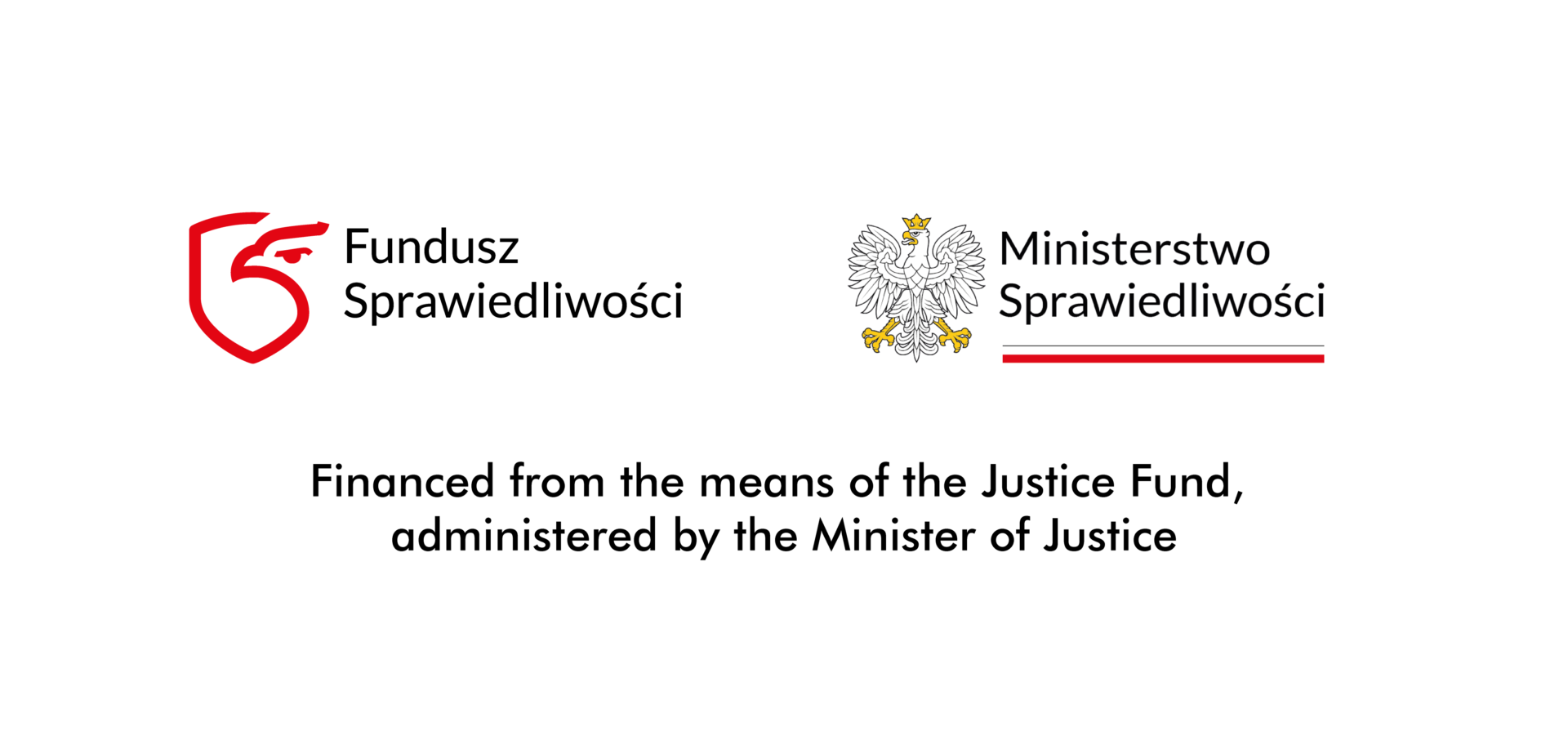The power of homosexual cliques

One priest friend told me bluntly: Sosnowiec was just unlucky; similar situations are everywhere. And indeed, homosexual scandals have been shaking the Polish Church for many years now.
Paweł Chmielewski
Priests organize a homosexual orgy, take sexual potency drugs, order a male prostitute and – as if nothing ever happened – in the following days celebrate Mass, preach pious sermons, teach catechesis to children, and take part in the Catholic press. The events in Dąbrowa Górnicza, in the diocese of Sosnowiec, where morally degenerate priests were partying so hard that paramedics and the police had to intervene, have rightly outraged many Catholics in Poland. Nothing hurts like extreme hypocrisy. The worse thing here is not the mere fact of this one homosexual orgy. A much bigger problem is that the Sosnowiec diocese, where the events took place, has hosted these kinds of scandals for a long time, and other Polish dioceses are likewise not free from such pathological behavior. And all this is happening with almost no reaction at all from the bishops.
The events in Dabrowa Gornicza bring into focus, as if through a lens, the whole problem the Church has been grappling with for several decades, and not only in Poland. This is a story of the rise and entrenchment of networks of homosexual clerics who feel they enjoy total impunity and are able to do whatever they like among themselves, as long as the media doesn’t know about it.
They are confident that the bishops will leave them alone, and not without reason.
The Diocese of Sosnowiec was first heard of in the context of homosexuality in 2010. The nationwide media at the time wrote about the then-rector of the Sosnowiec seminary’s visit to a gay club. The case was so high-profile that it would normally have led to the rector’s immediate resignation. But it did not. Bishop Grzegorz Kaszak, who has been in charge in Sosnowiec since 2009, apparently did not see a problem. The rector was not replaced until a year and a half after this fact was revealed, and it most likely happened under pressure from the Vatican, as the Sosnowiec seminary was moved from Krakow to Czestochowa in 2013.
As some press outlets, such as the Do Rzeczy weekly, wrote at the time, this move came in connection with the homosexual scandals. Most importantly, there were no especially negative repercussions for the former rector. He remained a priest, took up teaching, and works at a Catholic university to this day.
LONG-STANDING NEGLECT
Despite the reorganization of the seminary, Bishop Kaszak has not solved the problems in his diocese. In March of this year, a horrific crime occurred there: the media reported that a priest had killed a deacon and later committed suicide. There is no official information on the motive for the murder, but the local press wrote about a love affair, and this has been confirmed in informal discussions by Sosnowiec’s priests. It is worth noting that the killer was a seminary classmate of the former rector and a regular at gay clubs.
Perhaps the fact that as a young priest, Grzegorz Kaszak had a career in the Vatican may help in understanding the Sosnowiec situation. At the age of 28, he became secretary to Curial Cardinal Alfonso López Trujilla, a Colombian who was described in great detail by Frédéric Martel in a famous book published in Poland under the telling title Sodoma (Sodom), and in English as In the Closet of the Vatican: Power, Homosexuality, Hypocrisy. Kaszak’s Vatican career ended shortly after the death of his protector. When the Polish bishops accepted him in 2009 in their Episcopal Conference, they probably knew where he was coming from.
The latest affair in Dąbrowa Górnicza is therefore no surprise; it is the result of years of neglect. The story’s central character, the orgy’s host, is a priest who is fully ensconced in the local church establishment, is highly regarded, has been feted, and is traveling along the best path to high dignities and offices. The brazenness with which the orgy’s participants acted is appalling: they were in the priest’s official apartment in the rectory, where they ordered a male prostitute, as if they were not at all afraid of the potential consequences.
In a letter that Bishop Grzegorz Kaszak addressed to his priests after the scandal went public, he said he was ready to accept the consequences of the mistakes he may have made. There is no doubt that this is necessary: without a major overhaul of the power structure in Sosnowiec, nothing will change.
But this is not just about Sosnowiec. One priest friend told me bluntly: Sosnowiec was just unlucky; similar situations are everywhere. And indeed, homosexual scandals have been shaking the Polish Church for many years now, starting with the Plock cases that were publicized 20 years ago and the affair of Archbishop Juliusz Paetz of Poznan. All indications are that there will be more and more of them.
After I posted a video on PCh24 TV’s YouTube channel about the events in Sosnowiec, several priests contacted me and told me of the existence of comparable homosexual cliques in other dioceses. The pattern is similar everywhere: it starts in the seminary, where seminarians with homosexual inclinations are effectively selected by their superiors, intimate relationships are established, and the young priests are then included in a network where they support each other every step of the way.
Bishops react to this in different ways. Some are simply an active part of the system: the Apostolic Nunciature, when examining candidates for episcopal ordination, does not eliminate those priests with homosexual tendencies, so a gay priest with good contacts can become an ordinary of a diocese in Poland. Sometimes a decent bishop ends up in a diocese where he finds homosexual priests with such powerful influence that he is unable to do anything about them. They have a lot of money, connections among politicians, and access to documents with which they could cause harm to the bishop. The ordinary then prefers to leave them alone.
In fact, all this has already been described many times before, and not only in Poland. Pope Benedict XVI wrote about the existence of homosexual cliques in German seminaries already in the 1960s. In America, the same pathology was described in the 1990s.
DECLINE IN MORALITY
Despite all appearances, however, the key problem is not local networks. Yes, they play a big role in strengthening the system, but they are not the actual cause. There is currently a huge dispute over morality in the Catholic Church: Is the traditional teaching, which has been preached for two thousand years and is rooted in the Holy Scriptures, still valid, or should it be thrown in the trash and replaced with a new teaching that is more in line with the spirit of 1968 and its revolutionary sexual morality? The discussion has been going on for several decades. Its origins can be traced to the debates around the Second Vatican Council, even if there were attempts from various sides to undermine traditional morality even earlier.
For example, St. Paul VI’s 1968 encyclical Humanae vitae contained very ambiguous passages regarding the priorities of married life. Traditional Church teaching says that the primary purpose of marriage is children, and that the love relationship between spouses, while important, is secondary. Paul VI, however, seemed to see the two dimensions as equal, and even put the relationship at the center, at the expense of procreation. This has had serious consequences.
Over the past few decades, so-called relational ethics, which puts affection between those in a relationship first, has had a big impact on the Church. In many countries of the world, including Poland, there are whole hosts of theologians who are advocating the full approval of sexual acts that cannot lead to procreation, including homosexual acts. They argue that since modern science has recognized homosexuality as normal, the Church should now follow its lead; and since love between people of the same sex is normal, its relational, mutual responsibility-building dimension must be appreciated. In this way, step by step the Church is abandoning its restrictive judgment on immoral behavior. What was once a sin crying out for vengeance to Heaven is thus becoming a trifle today.
This has implications for priestly life as well.
The Catholic Church in Germany published a major report on sexual abuse in 2018. In that report, celibacy and a negative view of homosexuality, among other things, were cited as reasons for the abuse of minors by priests. Since then, German bishops have explicitly called for the introduction of voluntary celibacy and approval of homosexual activity by priests. As shocking as it sounds, this is the reality of the debate going on in the Church today. It has not yet reached Poland in full, but the intellectual and moral climate that makes this debate possible already has. This is why priests who engage in homosexual excesses with adults are taken lightly.
This light-hearted approach to sin is unfortunately being reinforced by Pope Francis himself. When asked in 2013 about his assessment of those priests who are engaging in homosexual relations, he responded with a famous statement: “Who am I to judge [them]?” He himself spent several years defending his good friend from Argentina, Bishop Gustavo Zanchetta, who was a known lover of the charms of his young seminarians. The Vatican had photos showing Zanchetta in a negligee together with men, but this did not constitute sufficient “proof of guilt” for the Argentine’s patrons. In fact, a whole book could be written about these sorts of reactions by Francis and his circle.
WITHOUT DISCUSSION
Against the backdrop of these new moral views, the question of homosexuality among priests is one of the most serious. Unfortunately, while in many countries very specific and theologically elaborate answers are already being given on this topic, this is not the case in Poland. Such a debate could begin with the article by Fr. Prof. Andrzej Kobylinski titled “Homosexuality and the Priesthood in the Catholic Church Throughout the Ages” (in Polish: „Homoseksualizm i kapłaństwo w Kościele katolickim na przestrzeni wieków”). It is worth looking deeper into this topic, keeping in mind that it is one of the main elements of the overall struggle to shape Catholic moral theology. If this discussion does not take place, and if the topic continues to be met with total passivity – the problem will get worse. Scandals such as the one in Dąbrowa Górnicza may recur. They may even become something usual.
In the meantime, there is an appalling silence all the time. Several days after the shocking information had come to light, only a few priests and no bishop, except for Kaszak himself, had commented on the subject.
Bishop Kaszak should no longer say anything, however, but only apologize and step down. If he won’t do that, then perhaps some members of the Polish Bishops’ Conference with a sense of responsibility should put strong pressure on him, urging him to resign. They could start with Sosnowiec and then put other dioceses in order as well. What will happen to the Church otherwise? Is the daily life of other parishes in Poland supposed to look like that in Dąbrowa Górnicza? If this is not to be done out of faith, one should at least think about the disgusted laity and also the ordinary good priests, who risk becoming the object of widespread derision and mockery. Let’s not allow the Church to be made into a pigsty.
This article was first published in Polish in the Do Rzeczy weekly in October 2023.




